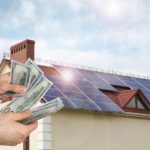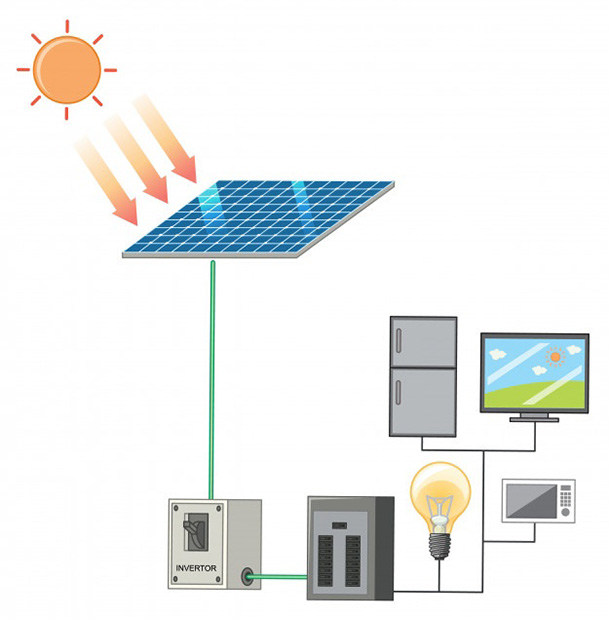What to know before going off-grid and installing solar panels in Brisbane
Solar energy is the most efficient way to reduce our reliance on fossil fuels and combat global warming. Many people today know this and have adopted modern solar solutions to meet their energy requirements. On-grid or off-grid systems are the two main methods of going solar.
Solar power on-grid is the result of tying your solar system to the GRID of your local utility. This method allows the user to get a discount on his electricity bill for the energy he generates. A solar power system that is off the grid generates energy independently. This method allows the user to generate 100% of energy using the installed solar panels and store it in batteries that are used for regular consumption.
Even though the off-grid system appears more efficient, many factors need to be considered. Check out these essential factors before investing in off-grid panels in Brisbane.
Why choose an off-grid solar panel system?
Cost is the main reason to choose an off-grid over an on-grid solar power system. Off-grid panels are more cost-effective than conventional energy systems or on-grid systems.
The initial investment may seem expensive, but it ultimately pays off. You would not have to pay for external energy bills, which are usually costly.
If your home is in a remote area, connecting with the traditional grid can cost more. Off-grid solar panel systems are the most cost-effective way to meet your energy needs.
Off-grid systems are about more than just the cost. Off-grid solar systems in Brisbane are popular because they offer a reliable solution to the growing threat of global warming and changing environmental conditions.
What are the essential components of an off-grid solar panel?
You should be familiar with an off-grid system’s components before purchasing one in Brisbane. Off-grid panels are made up of the following features:
Solar Panels:
The batteries are the main component of any off-grid system. The panels absorb sunlight, convert it into an electric current, and then transfer it to the battery. They can be mounted on the ground or over a shed that receives ample sunlight.
Inverter:
Inverters convert the energy your solar panels generate into usable electricity that can be delivered to your home or battery pack. Depending on how it is installed, your inverter may have an AC-coupled or DC-coupled design.
Battery:
Batteries store the energy produced by solar panels. Your system’s battery must be able to deliver the energy required by the home regularly. Lithium batteries typically power these applications due to their efficiency and reliability.
Backup Generator
A backup generator could be helpful when dealing with low or high-battery commands. Although it isn’t necessary to have a backup generator installed, it can provide extra security.
How do you determine the size of your off-grid solar panel?
When designing your off-grid systems, size is an essential factor. Off-grid solar panels of the correct size will allow you to generate enough energy daily for your home. The solar panel installer will need the following information to design your system.
- Your house’s size is essential.
- The number of appliances in your home.
- How much energy do you consume each day?
These factors will all determine the daily power requirement for your home. A design is then created for the solar system off-grid.
How to find the best solar panel installer in Brisbane?
Look at the following things to know before selecting an installer. This will help you make a more informed decision. Before switching to an off-grid solar panel system, the two most important things are the maintenance support of the system and the after-sales services provided by the provider.
You will have a long-term relationship with your solar panel system supplier. This could last for several years. They are responsible for maintenance and troubleshooting problems with the solar panel system. You must choose the best solar panel provider to solve all of your problems related to the system.
A competent solar panel installer can remotely access and maintain your system and make repairs and maintenance when necessary. The provider should also have an ‘SPS Design & Install License’ and Clean Energy Council Australia accreditation.








